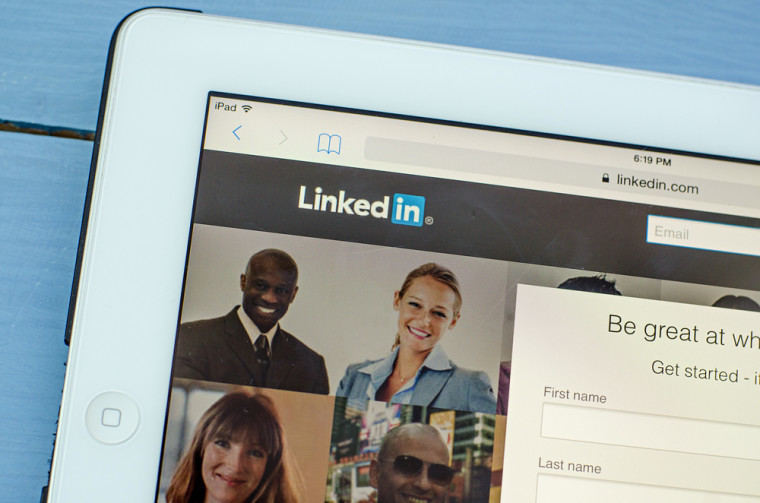
LinkedIn and HiQ are embroiled in a legal battle that might decide the future of web scraping. The concept of data scraping from websites is a controversial one and the law that governs it is, unsurprisingly, contentious too.
hiQ scrapes data of thousands of employees from the public profiles on LinkedIn. Then, they apply data science to the compiled records, which is sold to the companies to retain/hire good employees. This, according to the Microsoft-owned company, is "against the law". The company sent a cease-and-desist letter to the "People Analytics" company which, in turn, decided to sue.
Mark Weidick, CEO of hiQ wrote of LinkedIn's actions:
"We were stunned by LinkedIn’s actions, especially given their longtime familiarity with hiQ's product and business. I run a company whose very existence is tied to the notion of public data really being equally accessible to all members of the public. LinkedIn’s attempt to wall-off this public information—viewable by anyone with a web browser—is not just a danger to hiQ, but to any company that uses public sources to inform the services they provide."
However, the Computer Fraud and Abuse Act, or the CFAA, which governs these cases might be on LinkedIn's side. The law makes it a crime to "access a computer without authorization or exceed authorized access". A precedent was set when Facebook won a similar case against Power Ventures. The social networking giant won the case when the US 9th Circuit Court of Appeals found the online information services company guilty of infringing on Facebook's data even after the permissions were "rescinded".
This brings up an important question regarding the extent of access to public profiles on websites like Facebook and LinkedIn, and what it means for the future of the internet sector. Also, how long can the CFAA, a law created in 1986, guide cases such as these?
Source: Ars Technica

















10 Comments - Add comment